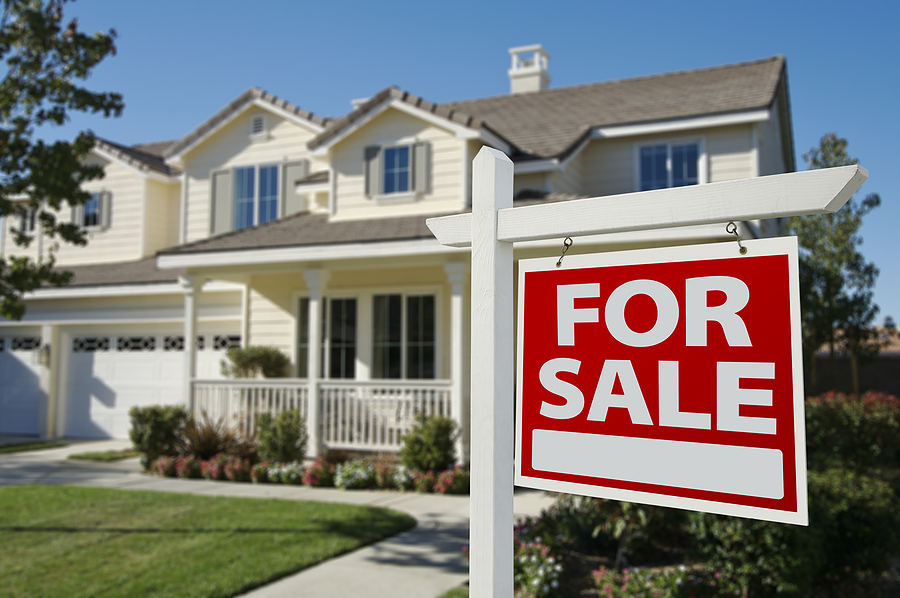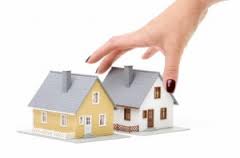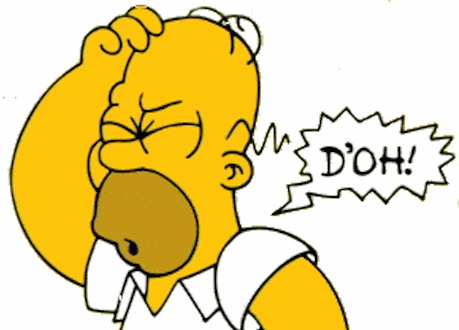4 Factors That Could Affect Your Home’s Selling Price
Whether you’re looking to buy or sell a home, this article will contain information that is sure to help you in the decision making process. You might have wondered why, many times, identical looking properties perform drastically different in the market. It surely couldn’t be solely down to chance?
The truth is, there area number of different factors that affect the amount of interest potential buyers have in any given property. Even if you’re looking to buy and not sell, understanding the factors that will influence the cost of your new home will help you make smarter decisions about where and when to look for property, and what exactly you should be looking for.
#1. Location
One of the most important factors that affects property values is location. A home that is located on a busy road generally will have a lower sale price than a home that is on a quiet neighborhood street. The same can be said for a home that is located in a cul-de-sac versus a home located on a quiet neighborhood street. Other factors such as crime rates, public transportation, local amenities and taxes are also extremely important.
#2. Upgrades, Features, & Amenities.
Any significant renovations will play into a home’s value, but if your home is considered “over improved”, compared with other properties in the neighborhood, it can actually hurt its value. Some examples of home improvement projects to avoid due to the cost of the improvement in comparison to the increase in the sale price include adding a pool, garage, built-in electronics, a gourmet kitchen and etc.
When to comes to making upgrades to a property, however, you will need to tread carefully as sometimes it is possible to spend too much on a house and not get your money back. Before making drastic improvements to your house, be sure to talk with your real estate agent or realtor, to obtain some professional advice.
If you do decide to go ahead with any home improvements, you should keep records of all work done, to show potential buyers that the property has been well-maintained, and justify your asking price.
#3. Other real estate properties
Quite often, in order to determine the value of a home, the price of other related properties over the course of several years, will be considered. A real estate professional will use a CMA (Comparable Market Analysis) to help estimate what the sale price of a home should be. This could be based on homes that never sold, homes that have recently sold, or properties that have sold within the last few months.
Since a CMA uses the recent sale prices of comparable homes, normally in the last 12 months, this can impact the projected price of a home. An experienced real estate agent, in many cases, will have a better “pulse” on the local market than an appraiser will. This can be helpful if there is an issue with a home getting under appraised, and the appraisal needs to be contested.
#4. Market conditions
A buyer’s market is usually the least ideal market condition for homeowners, and will have the biggest negative impact on a home’s sale price. A buyer’s market occurs when the supply of homes for sale greatly exceeds the demand from buyers. In a buyer’s market, home prices will crash and even at that, some homes may stay on the market for months or years.





